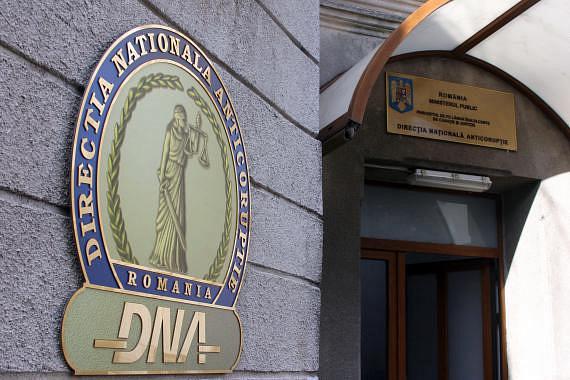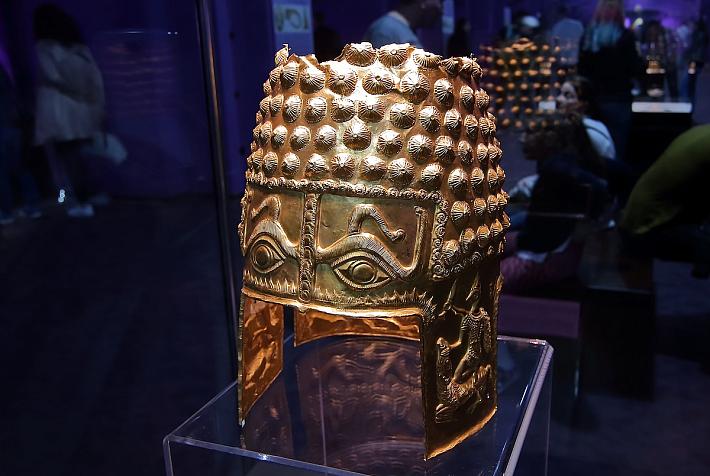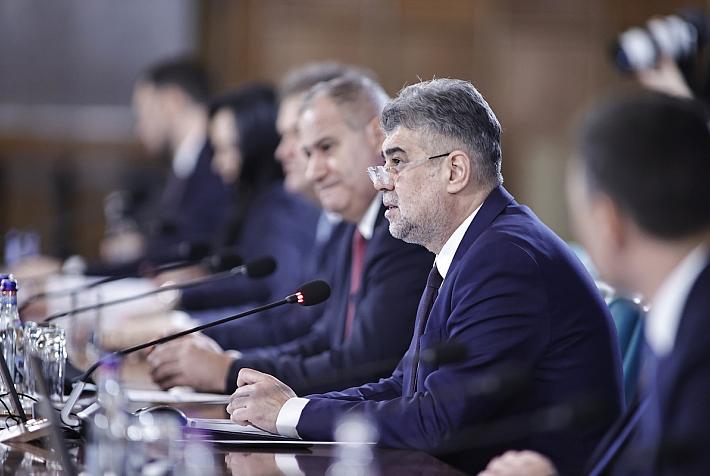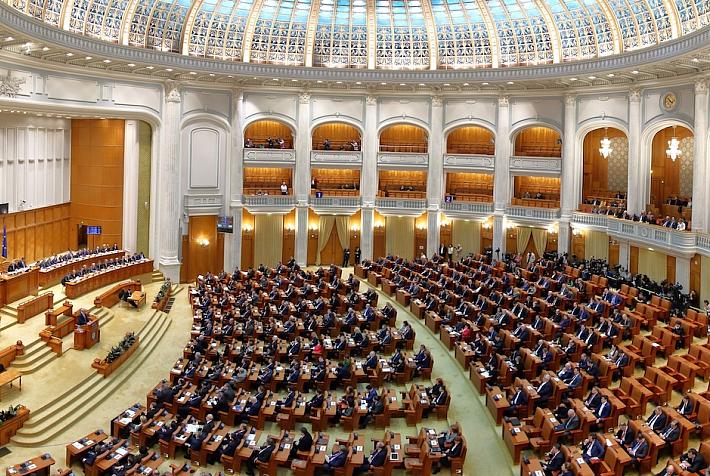Internal conflict threatens Romania’s powerful anticorruption department

Eight prosecutors have filed requests to be transferred from Romania’s powerful National Anticorruption Directorate (DNA). At the same time, DNA has asked the Superior Magistracy Council (CSM) to approve the dismissal of two other prosecutors. Meanwhile, justice minister Tudorel Toader asked on Monday the Judicial Inspection Department to perform an evaluation of the managerial activity at the DNA and of the General Prosecutors' Office.
The scandal started after a recording allegedly showing the DNA chief prosecutor Kovesi admonishing DNA prosecutors for not doing their jobs was aired by local TV station Romania TV. She was also asking the prosecutors to come up with new cases against powerful politicians to counter some recent negative news. The DNA issued a statement after the leak saying the recordings were not authentic and they included juxtaposed fragments “meant to alter the real content of the statements” Kovesi had made.
The DNA chief prosecutor ordered an internal investigation related to these leaks and apparently this started the scandal within the department. The DNA management wanted to find out who taped the internal meeting and released the recording to the press. Some prosecutors were unhappy with the fact that they were asked to take polygraph tests within this investigation, according to Romania’s General Prosecutor Augustin Lazar.
Eight prosecutors have filed requests to be transferred from DNA in the past week. CSM approved three of the requests, denied three others, and was to decide on the other two on Tuesday.
Meanwhile, DNA also dismissed two of its top prosecutors, Doru Tulus and Mihaela Moraru Iorga, from their DNA department coordinator posts and asked the Superior Magistracy Council (CSM) to approve their removal from DNA. The CSM hearing was scheduled for Tuesday, July 4.
DNA’s motivation for the request was that the two no longer fulfill the condition of the good reputation needed to fulfill their jobs, as it is stipulated in the Deontological Code of Judges and Prosecutors.
On June 29, Romania’s General Prosecutor approved the removal of Moraru Iorga from her position as Head Prosecutor of the Department for Combating Economic and Financial Macro-criminality, part of the Corruption Crimes Division. The removal of Tulus from his position as Head Prosecutor of the Criminal Investigation of Corruption Crimes Department, part of the Corruption Crimes Division, was also approved.
However, both DNA chief prosecutor Laura Codruta Kovesi and Romania’s General Prosecutor Augustin Lazar denied the existence of a conflict within DNA. Kovesi said on Tuesday that she had no reason to resign.
DNA is Romania’s most powerful prosecution institution and its prosecutors have sent to court former ministers, members of the Parliament, local administration officials, political party leaders, and powerful local business people, all accused of corruption. Many of DNA’s cases resulted in jail convictions.
DNA’s power and the increasing international fame of its chief prosecutor Laura Codruta Kovesi have also brought them a lot of powerful enemies. Powerful politicians, such as former PM Calin Popescu Tariceanu, the current Senate president, former President Traian Basescu, and others, have accused DNA of abuses. They claim that DNA has been working too close with the Romanian Intelligence Service (SRI) and that the two institutions may have blackmailed or intimidated judges into ruling convictions in cases investigated by DNA.
Justice Minister Tudorel Toader said, on July 3, that he requested the Judicial Inspection Department to perform an evaluation of the managerial activity at the DNA and of the Prosecutors' Office of the High Court of Cassation and Justice as these institutions have not been evaluated for the past 10 years, News.ro reported. The minister also said that the fight against corruption is not only the DNA, and not only enforcing punishments but also preventing corruption deeds.
editor@romania-insider.com












